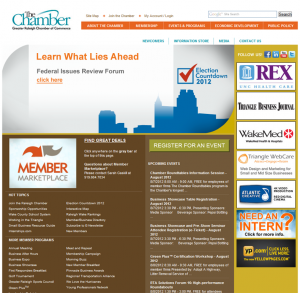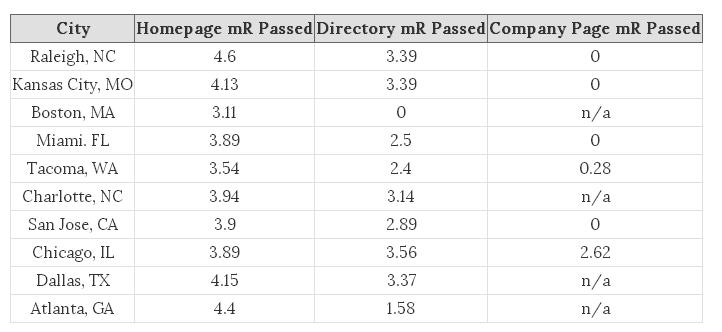A special thank you to Tim Tucker, co-owner of Express Employment Professionals (www.expressbloomington.com) for the great following submission!
For some time now, businesses have been gaining a bad reputation. Ideas like capitalism, profits, wealth, and entrepreneurship once inspired and garnered praise, but now they are increasingly being vilified. There are many reasons for this, some justified and some not, and the reality is that some blame lies on both sides of this argument. But, as business owners, it is within your power to help change this image and show that at least your business has a conscience.
In the recently released book “Conscious Capitalism,” authors John Mackey of Whole Foods Market and professor Raj Sisodia “argue for the inherent good of both business and capitalism.” They propose that “entrepreneurs are the true heroes in a free-enterprise economy, driving progress in companies, society and the world.” To support this, they present four specific principles that companies should follow to not only communicate this reality to the world, but also grow their organization. The first principle to consider is to find your higher purpose.
Make a Difference:
Forbes defined the process of finding your company’s higher purpose as uncovering the difference it is trying to make in the world. This is something the most profitable and highest esteemed companies have in common – they all know their purpose. Disney exists to use our imaginations to bring happiness to millions. 3M is in the business of improving every company, every home, every life. The American Red Cross is daily enabling Americans to perform extraordinary acts in the face of emergencies. Do you know what your business purpose is?
Create Value:
Mackey and Sisodia believe that “business has a much broader positive impact on the world when it is based on a higher purpose that goes beyond generating profits and creating shareholder value.” Psychology has shown that it’s vital for individuals to find purpose and meaning in their lives. And it’s just as important to the business itself. Finding a higher purpose for your organization is all about creating value, an idea that is all too often confined to just marketing or advertising. Walter Robb, co-CEO of Whole Foods Market, explains their stores “are our canvas upon which we can paint our deeper purpose of bringing whole foods and greater health to the world.”
Discover Your Business’ Purpose:
Defining the value that your company brings to the world is a step that some owners naturally do during the strategic planning part of the start-up process, but sometimes that purpose can get lost. For other business owners, this is something they never even consider. But it’s not too late. You can uncover your company’s ultimate purpose by asking and honestly answering some questions:
• “Why do we exist?”
• “Why do we need to exist?”
• “Why is the world better because we’re here?”
• “Would we be missed if we ceased to exist?”
• “What core values animate the enterprise and unite all of our stakeholders?”
As you uncover your business’ purpose, it’s important that you don’t negate growing your company or being profitable. Mackey and Sisodia believe that profitability is best achieved by not making it the primary goal of the business. After all, you can’t fulfill your higher purpose of fueling growth and progress within your community if you don’t generate profits. As a business owner, you have the unique opportunity to run an organization that serves a higher purpose and to change peoples’ lives for the better, which will ultimately prove that businesses have a conscience, too.
http://www.forbes.com/sites/kenmakovsky/2013/05/09/a-higher-purpose/




